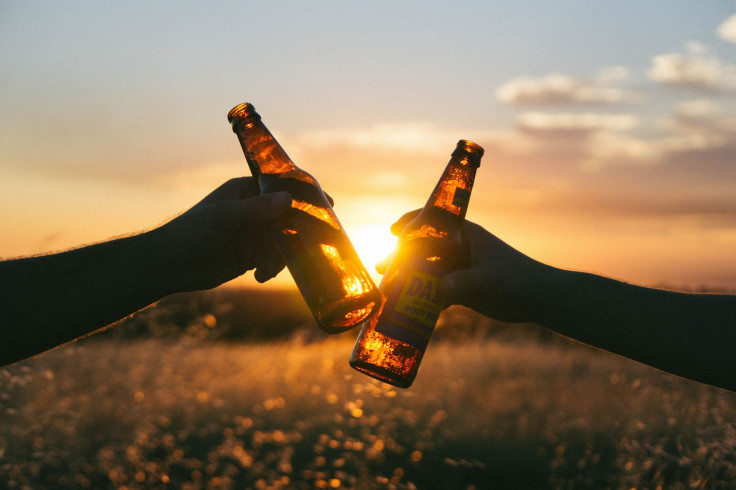What Is Alcosynth? Synthetic Alcohol Is ‘Hangover Free’ Drink Of The Future, Scientist Says

A new kind of synthetic alcohol will allow you to drink and drink without getting a hangover, according to a British professor and former government adviser on drugs.
David Nutt, a neuropsychopharmacologist at Imperial College London, claims his “alcosynth” targets the mechanisms in the brain that alcohol triggers to make people feel happy and relaxed but does not target the ones that cause negative side effects like addiction or dependence, liver toxicity and aggression. According to Nutt, the synthetic alcohol won’t give you a hangover, and you can drink as much as you want without dying. In combination with the reduced drug dependence and liver damage, he said the invention could protect the world’s future generations.
“One of the great health problems of the world today is alcohol,” Nutt told International Business Times. “It’s a bad thing physiologically.”
Alcosynth, which is patented but has not yet been approved for public consumption, will “just target the good effects and [doesn’t] stimulate the parts of the brain which produce the bad effects,” the professor said. “That would be one of the greatest public health developments in the history of the world.”
Nutt is a bit of a controversial figure, as he was fired from his position as the chairman of the Advisory Council on the Misuse of Drugs over statements he made and a concern over his objectivity. In 2009, the Independent reported that his leave was connected to comments he made about tobacco and alcohol being more dangerous than cannabis, ecstasy and LSD. But the Independent added there was speculation that Nutt’s firing was political in nature, as he was critical of British drug policies.
Controversy aside, Nutt is not wrong about alcohol being a huge health problem worldwide. Experts have pointed to it as the most dangerous drug when considering the effect of alcohol on a person as well as a community, and how pervasive its effects are around the globe. A few million people die every year from alcohol-related causes, which include drunk driving and diseases linked to alcohol consumption. In the U.S. alone, that annual number is about 88,000, according to National Institute on Alcohol Abuse and Alcoholism.
Nutt also previously announced a pill that people could take before drinking that allegedly prevents severe intoxication.
© Copyright IBTimes 2024. All rights reserved.





















